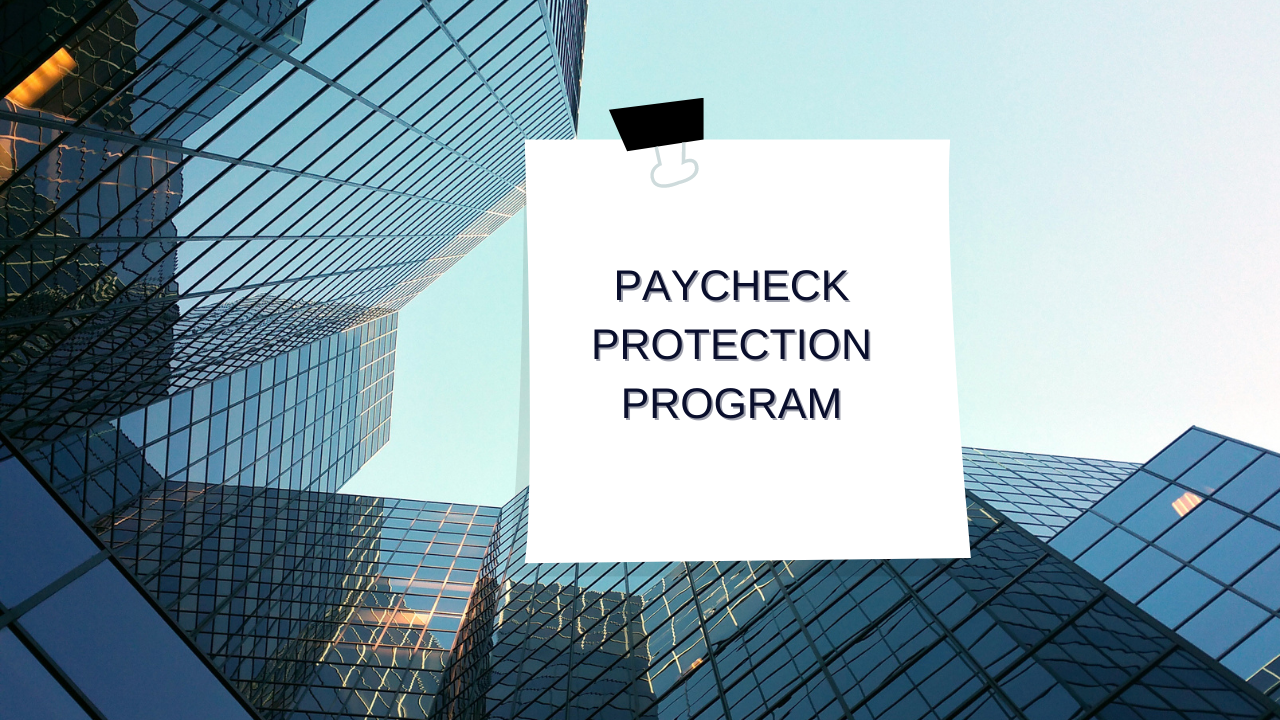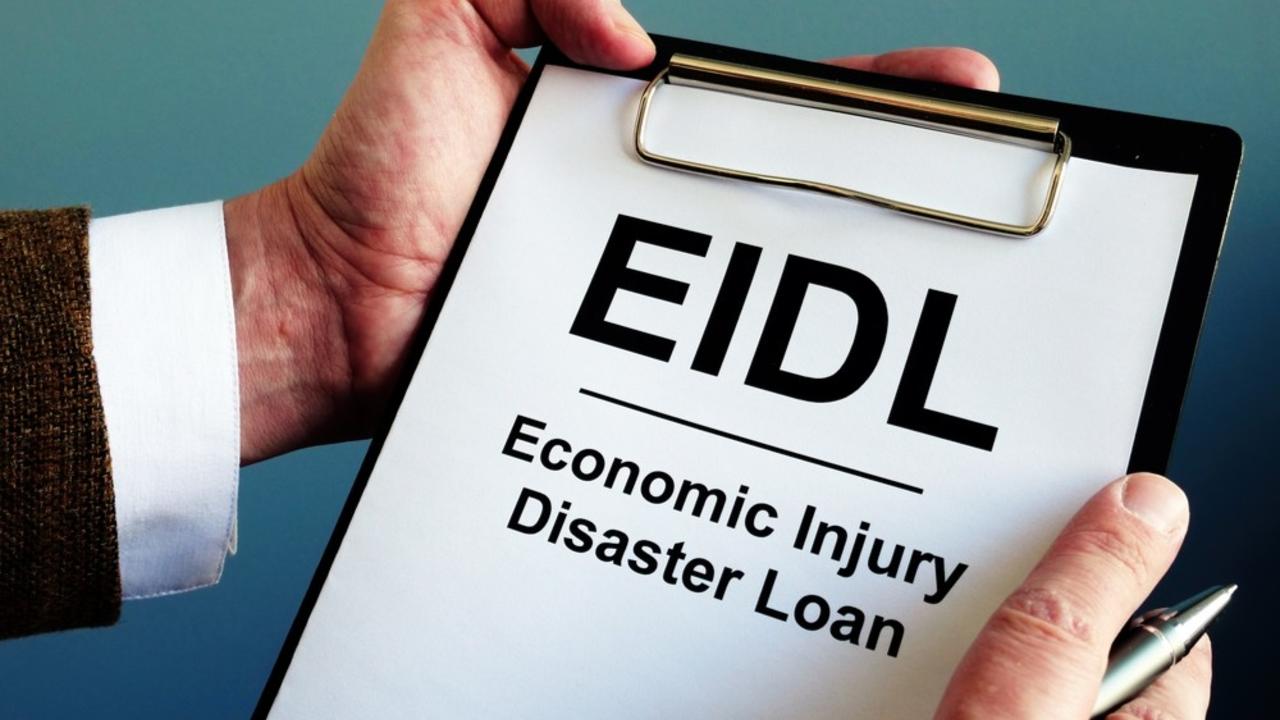We implement Real Growth and Meaningful Change
Strategic Planning
Effective long-term planning requires careful coordination of organizational stakeholders, a transformation mindset, and deep industry expertise to drive capability-forward and market-back strategic plans. SAG partners with executive leadership teams to create a long-range plan that considers the unique nuances, capabilities, and opportunities for your business.
Business Coaching
Sustainable transformations require significant amounts of time, patience, energy, and incredible degrees of persistence and resilience. But transformations also require an actionable and focused guidance for your organization. SAG’s Business Coaching program helps keep you accountable and focused on your vision while giving your business access to industry experts.
Organizational Development
Between tight budgets and program demand, your organization must do more with less — and do it well no matter what because so many people
...












